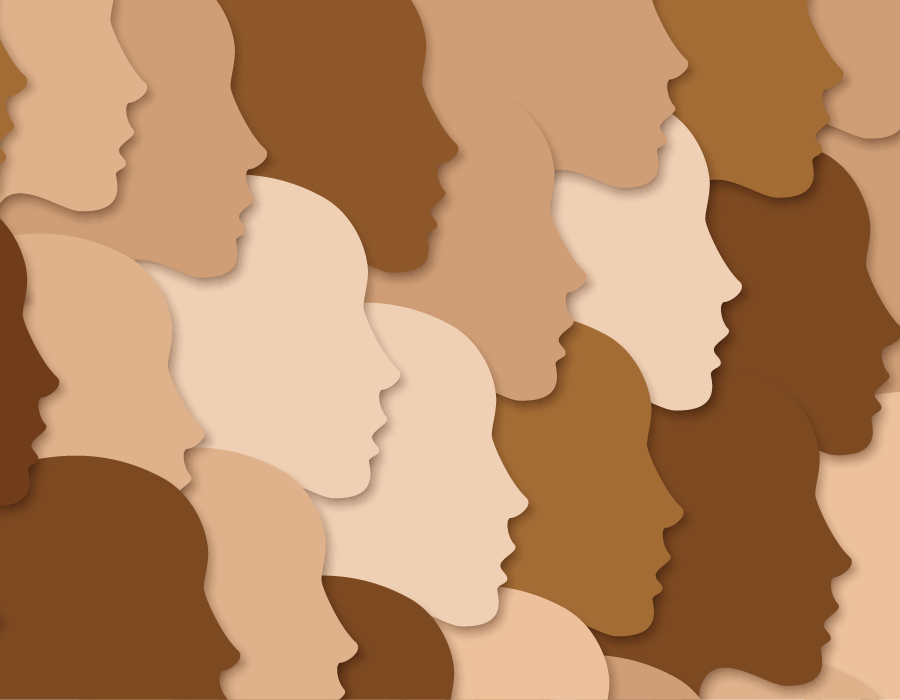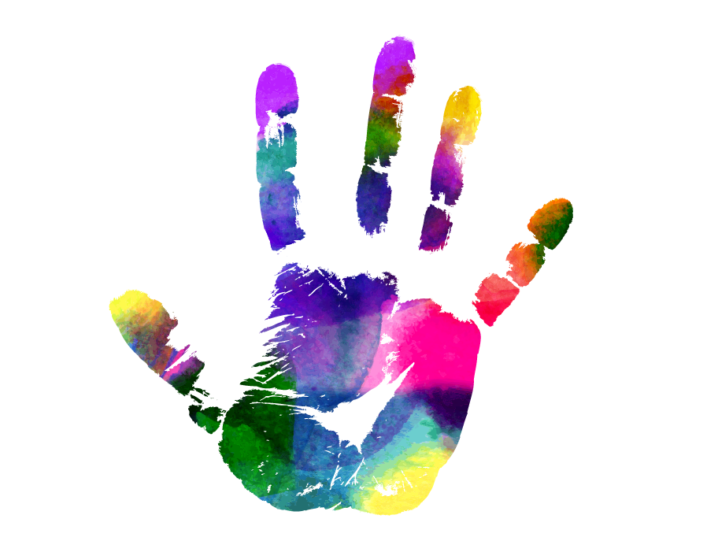DEI Toolkit: Color

Definitions
Definition of color
Skin pigmentation other than and especially darker than what is considered characteristic of people typically defined as white, a person of color.
Source: Merriam-Webster Dictionary
Definition of colorism
Prejudice or discrimination especially within a racial or ethnic group favoring people with lighter skin over those with darker skin.
Source: Merriam-Webster Dictionary
Colorism refers to the way some people are treated as a result of their skin color, the effects of which are as pervasive as racism. Research has documented that individuals with lighter skin are treated more favorably in many American institutions, such as the education system, workplaces and even the criminal justice system. Why does that happen? Because of the history of race relations in the U.S., dark skin has been demonized, considered less beautiful and devalued. This divide along skin color is rooted in slavery and continues even now in modern times.
As a result, some argue that colorism does more damage on an individual’s experiences and life outcomes than race — in part because race is socially constructed and often unseen, but the color of your skin is visible and indisputable and therefore has a more profound effect on our interactions. It’s also important to remember that skin color is not just an issue in the African American or Black community, but it is also an issue in the Hispanic/Latino and Asian communities.
Color is a primary dimension of diversity that we cannot change. It shapes our interactions and makes us who we are. What we ask is that we all learn to appreciate these dimensions of diversity and acknowledge that these differences are assets that, when combined and leveraged, can make AAUW a stronger organization.
Readings:
- Print Materials:
- Vendantam, S., The Hidden Brain: How Our Unconscious Minds Elect Presidents, Control Markets, Wage Wars, and Save Our Lives. New York: Spiegel & Grau Trade, 2010.
- The Gender of Colorism
- A New Bestselling Novel Scrutinizes Colorism and Standards of Beauty in America
- The Persistent Problem of Colorism
- If You’s White You’s Alright…Stories of Colorism in America
- Websites:
- The Difference between Racism and Colorism
- The Roots of Colorism, or Skin Tone Discrimination
- Ultimate List of Colorism Books for All Ages
- Reading: Stereotypes, Prejudice, and Discrimination
- Colorism: https://www.nccj.org/colorism-0
- Reading List (CUNY)
- How Dolls Helped Win Brown v Board of Education
Activities:
Videos:
Related
Dimensions of Diversity & Identity

DEI Toolkit: Ethnicity & National Origin

DEI Toolkit: Race

